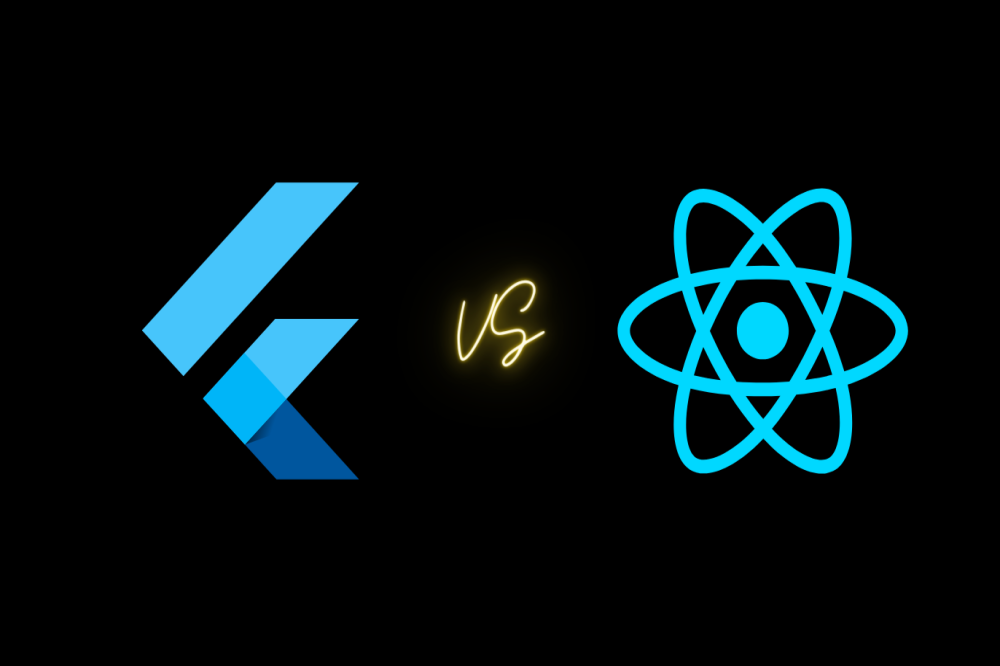Flutter vs. Native App Development: Navigating the Crossroads for Your Next Project
Greetings, App Visionaries!
Welcome to Flutter vs. Native App Development, where we guide you through the ever-evolving landscape of app development. Today, we're embarking on a journey to explore a pivotal decision every developer faces: choosing between Flutter and Native app development. Each path has its merits, and in this comprehensive blog, we'll navigate through the pros and cons to help you make an informed decision for your next project.
Understanding the Terrain: Flutter and Native Development
Flutter: A Symphony of Widgets
Flutter, backed by Google, is an open-source UI software development toolkit. Its standout feature is the use of a single codebase for crafting high-performance apps for mobile, web, and desktop platforms. Flutter employs a rich set of customizable widgets, offering a visually appealing and consistent user experience across devices.
Native Development: Harnessing Platform-Specific Prowess
Native app development involves creating applications tailored for a specific platform using the platform's native tools and languages (Swift/ Objective-C for iOS, Java/Kotlin for Android). This approach capitalizes on platform-specific capabilities, delivering a seamless, deeply integrated user experience.
The Battle of Titans: Flutter vs. Native
Pros of Flutter:
Single Codebase, Multiple Platforms:
- Flutter's "write once, run anywhere" philosophy enables developers to use a single codebase for iOS, Android, and beyond.
- Time and effort savings are substantial compared to maintaining separate codebases for each platform.
Hot Reload Magic:
- Flutter's hot reload feature accelerates development by allowing real-time code changes without restarting the entire app.
- Swift iterations and instant visual feedback expedite the development process.
Consistent UI Across Platforms:
- Flutter's widget-based architecture ensures a consistent look and feel across different platforms.
- Developers have granular control over UI elements, fostering design flexibility.
Growing Community and Packages:
- The Flutter community is thriving, offering extensive support, documentation, and a plethora of packages.
- Developers can tap into a vast library of plugins and extensions, streamlining development.
Cons of Flutter:
Learning Curve:
- Developers familiar with native languages might face a learning curve when adapting to Dart and Flutter.
- Proficiency in Dart is essential, which may require time for developers accustomed to languages like Swift or Kotlin.
App Size:
- Flutter apps may have a larger file size compared to their native counterparts.
- The inclusion of the Flutter engine contributes to a slightly larger app footprint.
Pros of Native Development:
Optimized Performance:
- Native apps harness platform-specific features, resulting in optimized performance.
- Direct access to device APIs ensures faster execution and a seamless user experience.
Platform Integration:
- Native development allows for deep integration with platform-specific capabilities.
- Utilizing platform conventions ensures a native feel and adherence to user expectations.
Ecosystem Familiarity:
- Developers versed in platform-specific languages (Swift, Kotlin) can leverage their existing expertise.
- Access to mature and comprehensive ecosystems (Android Studio, Xcode) enhances development efficiency.
Cons of Native Development:
Dual Codebases:
- Native development necessitates maintaining separate codebases for iOS and Android.
- Changes or updates must be implemented twice, potentially extending development timelines.
Development Time:
- Building and iterating on native apps may take longer due to platform-specific development requirements.
- Achieving feature parity across platforms demands meticulous coordination.
Choosing the Right Path: Considerations for Your Project
Project Requirements:
- If rapid development and cross-platform compatibility are top priorities, Flutter is a strong contender.
- For projects demanding deep integration with platform-specific features, native development may be the preferred route.
Development Team Expertise:
- Assess your team's expertise and comfort with languages (Dart for Flutter, Swift/Kotlin for native).
- Leverage existing skills to expedite development and ensure a smoother learning curve.
App Complexity:
- For simple to moderately complex apps, Flutter's single codebase may be advantageous.
- High-complexity projects with intricate platform-specific requirements might benefit from native development.
Performance Requirements:
- If performance is paramount and specific to a platform, native development offers unparalleled optimization.
- Flutter, while performant, may have a slight overhead compared to fully optimized native code.
Conclusion: Navigating the Crossroads
In the Flutter vs. Native saga, there is no one-size-fits-all answer. The decision hinges on your project's unique requirements, development team expertise, and the desired balance between cross-platform efficiency and platform-specific optimization.
Whether you embark on the Flutter expedition or embrace the tried-and-true native landscapes, [Your Blog Name] is here to guide you through every twist and turn of your app development journey.
Happy coding!
Warm regards, The FizonTech Team
